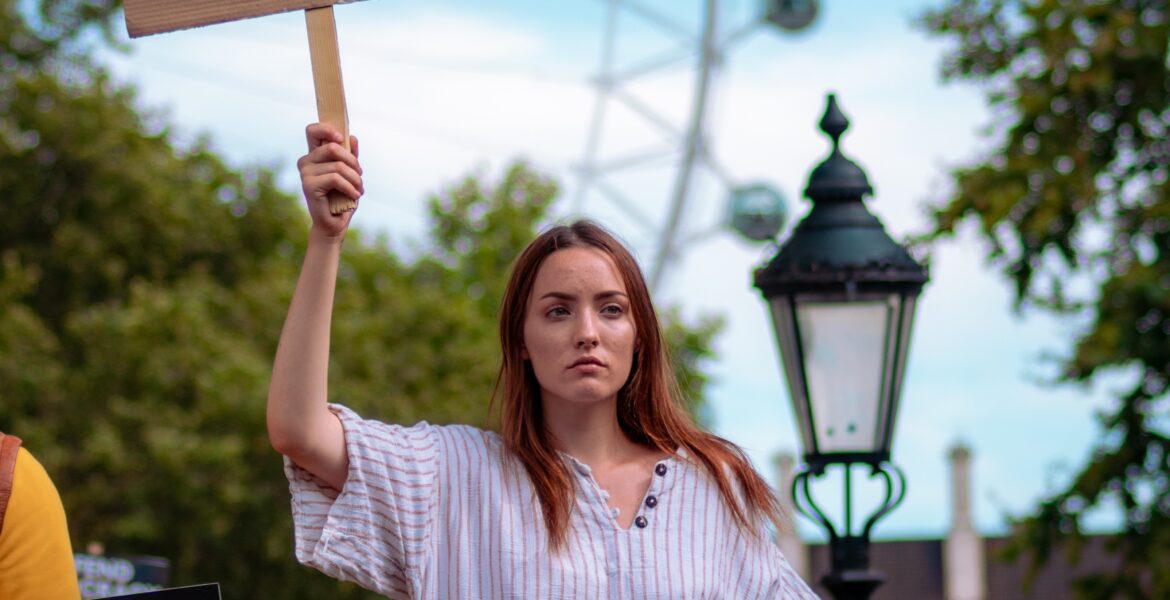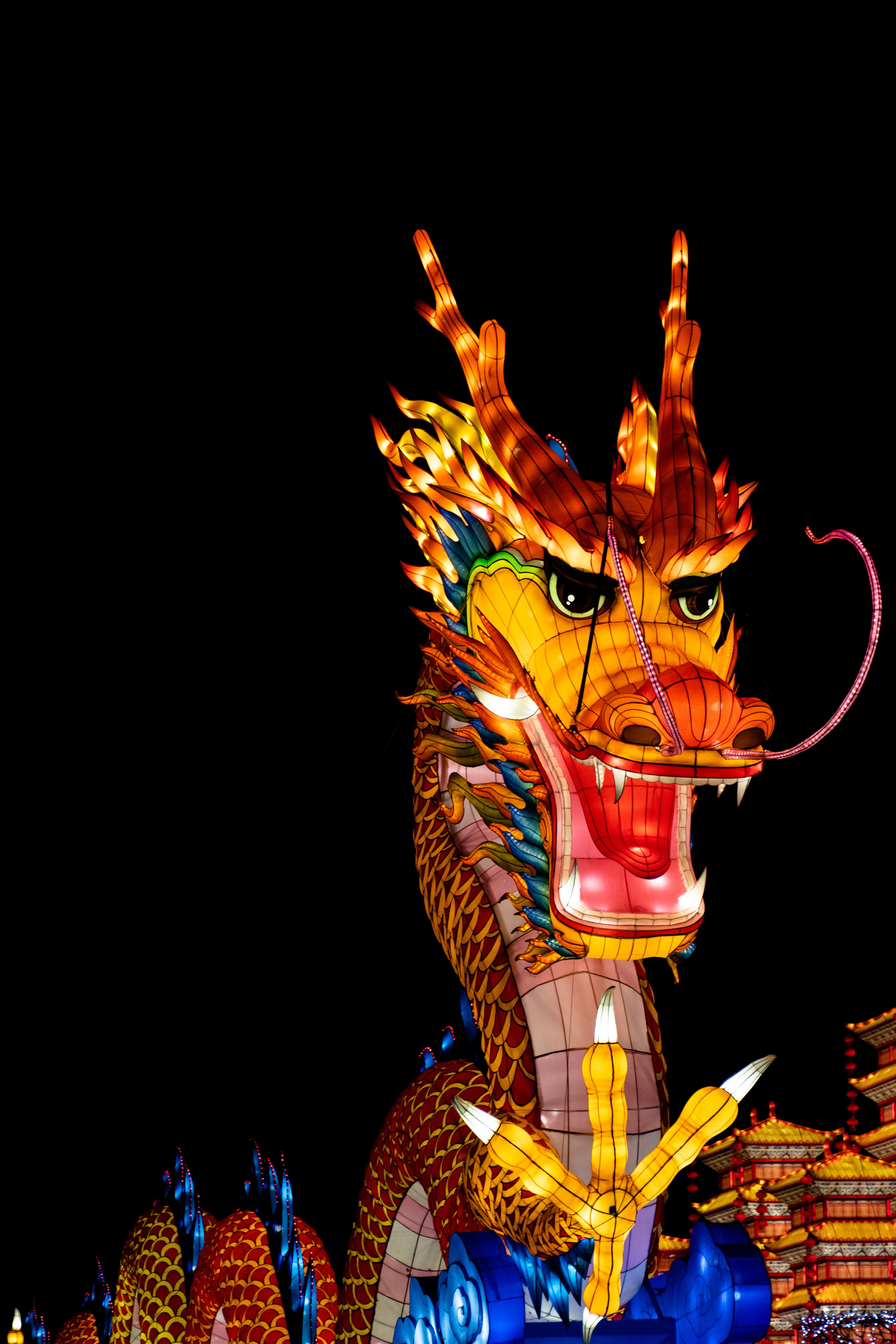Photo by Fred Moon on Unsplash
President of the European Parliament, Roberta Metsola, has voiced concern at the rise of disinformation. The MEP said it was “an absolute danger.” She was speaking at the University of Sorbonne in Paris on Monday.
The Maltese deputy said, “Disinformation has affected our liberal democracies and societies since the turn of the 2000s with the development of the internet and social networks.”
“It is as old as the world. The technological tools of artificial intelligence, social networks give it an unprecedented reach, and it is an absolute danger.”
She added, “This danger is all the greater, as it is amplified by States such as Russia and Iran, which are all but models of democratic virtue and have a nice game of blowing on the embers of the polarisation of our political scenes.”
“The objective is the same: denigrating democracies. The method is constant: to sow doubt.”
“More than ever, we need to take the necessary measures and arm ourselves to fight this offensive.”
He added, “Yes, the world is increasingly dangerous. Yes, Europe faces big challenges.”
“But we have to hold on. Hold on to build and defend peace and freedom. We do not have the right to forget what we are and what we want. For ourselves, for our children and for Europe.
“I am part of a generation who was a child when the Berlin Wall fell, when a people turned up in Tiananmen Square. A generation that remembered the collapse of the Soviet Union and the unbridled joy of millions of Europeans finally free to choose their destiny. We lived this victory.”
“But over time we have become too assured of the solid and obvious character of this freedom. Extreme movements are at the gates of power and they are in Europe, or even take part in it.”
“This is why we must seriously rethink and reform Europe. The history of European integration has shown us that it is through crises that we take responsibility, that Europe advances, transforms, evolves and strengthens.”
“While it may seem distant, sometimes worrying, for many of our citizens, we need to address the issue of enlargement as a whole.”
“The world is not waiting for us. If we do not dare to change, our collective project will stagnate and lose its relevance. We must adapt to the new geopolitical reality. If we do not respond to the call of our neighbours, other geopolitical players will do so and will fill the gap at our borders.”
She concluded, “We had the same fears before the 2004 enlargement. Yet history has shown us that an enlarged European Union, based on clear objectives, serves to defend Europe’s peace, security, stability and prosperity on the international stage.”




